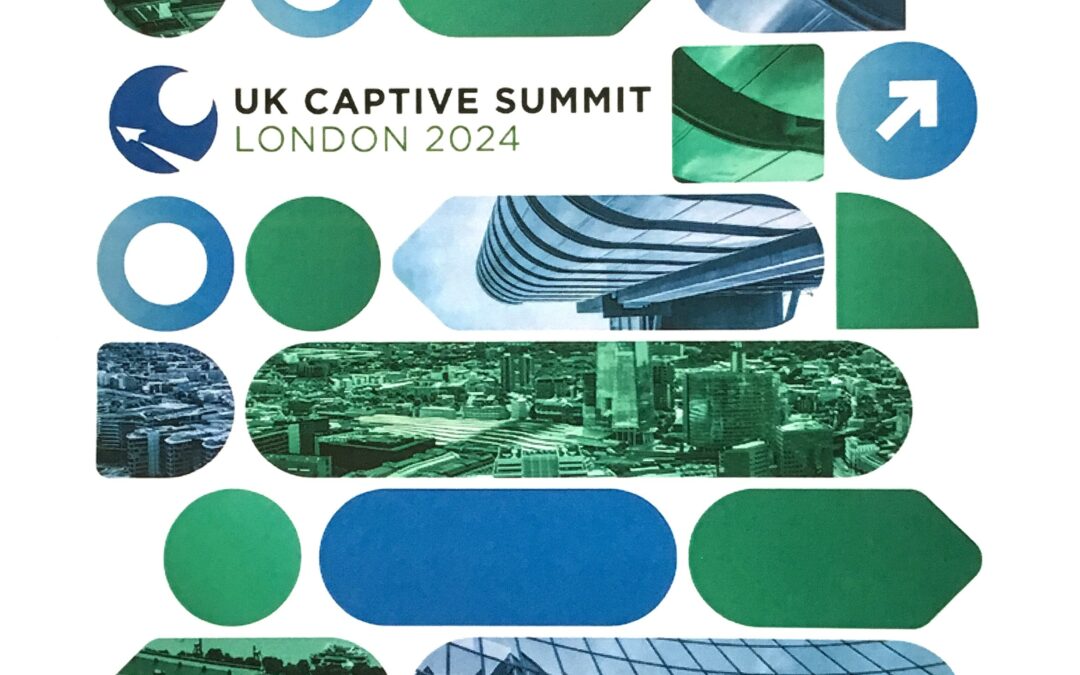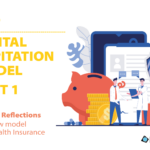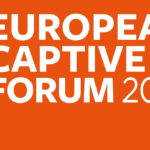Once again, the UK Captive Summit was held, organized by Captive Review, with the participation of professionals from the captive insurance and reinsurance sector. On this occasion, Delonia, with the help of José María Corsino has had the privilege of sharing with Matthew McEwan (Director Risk Management, Coca-Cola Europacific Partners PLC) and Mike Stalley (Independent Non-Executive Director ) a session of great interest for the attendees, sponsoring the lecture Using captives to drive innovation and incubate new risks with great controversy around what it really means to innovate for a captive.
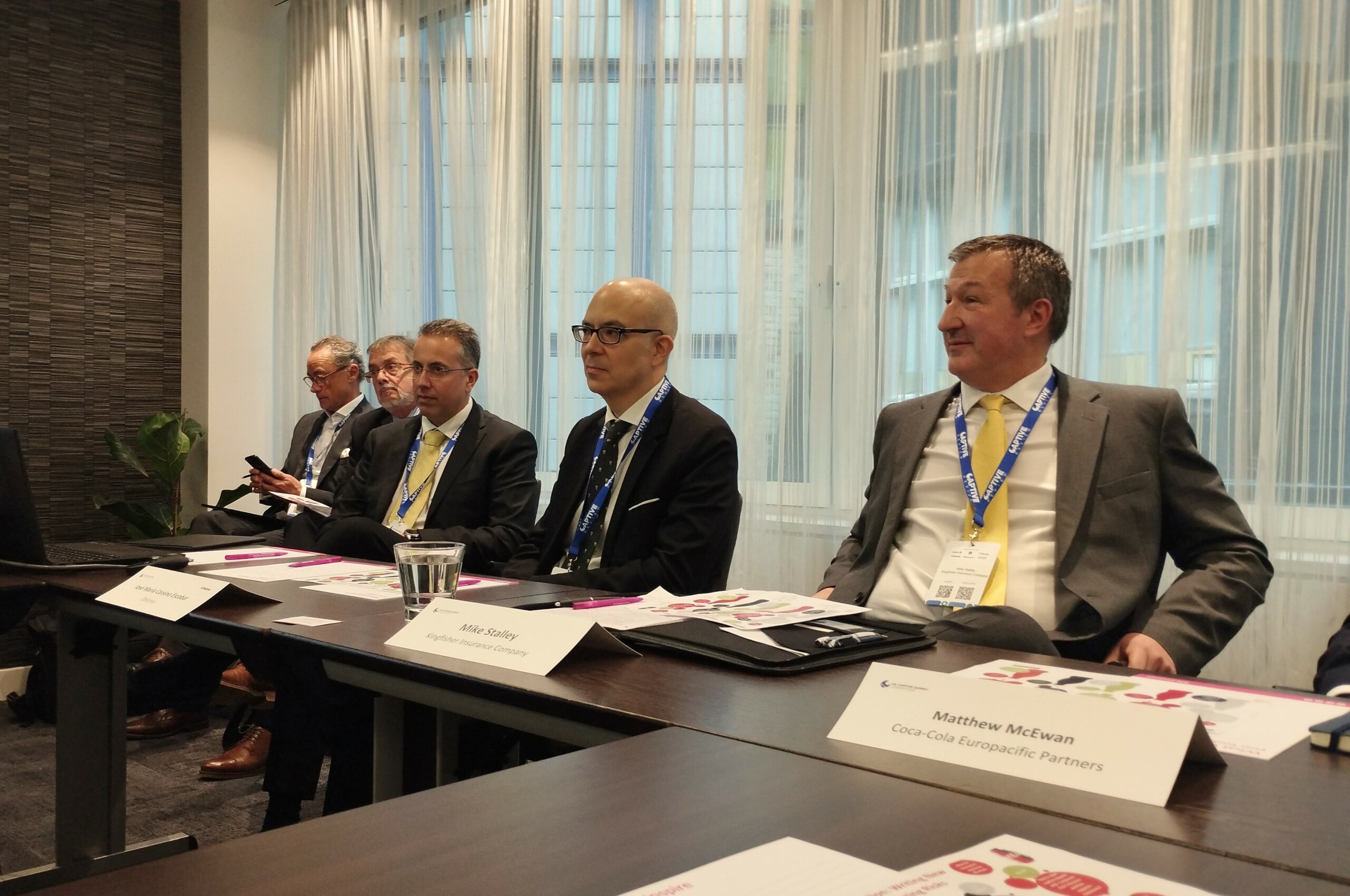
The event kicked off with a discussion on Trade Credit, where Gregory King-Underwood (Director Global Reinsurance and Portfolio Solutions), Tim Hoggarth (Head of Commercial Underwriting, XoL at Allianz Trade) and Alexia Parmentier (Global Head of XoL at Euler Hermes) shared their vision of this type of insurance products, which can be very attractive to incorporate in the portfolio of captive companies given their close relationship with the business of multinational companies with exposure to customer defaults and supply chains.
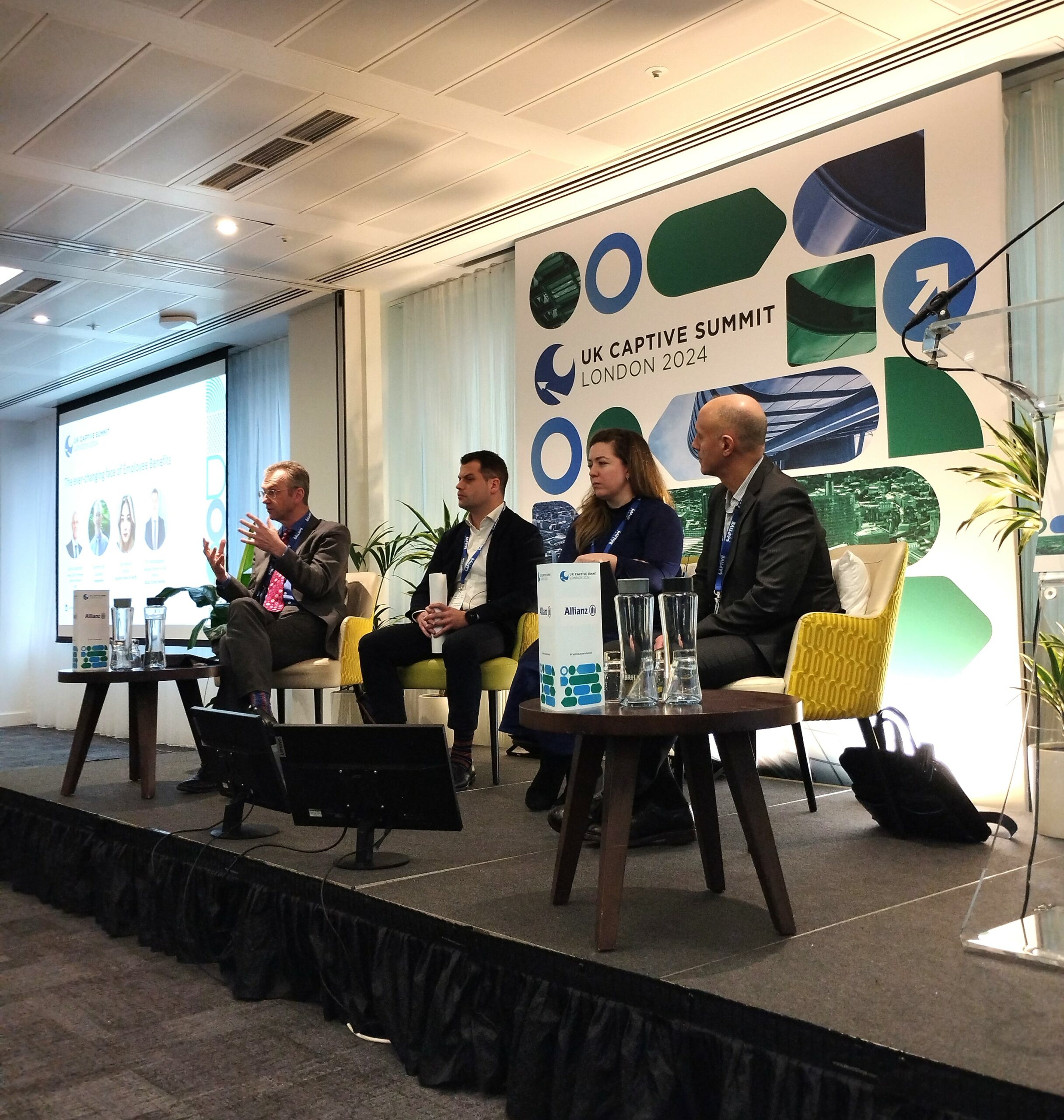
After that, the sessions began, in which we highlight the following relevant topics that marked the day:
Innovation
To innovate is nothing but a new idea or method, or the use of new ideas and methods, so it is not necessary to seek major breakthroughs or changes. In our experience, sustaining a viable objective within a reasonable time frame, and always with management leadership, is a guaranteed formula for success when incorporating new ideas, products, systems or processes into captive companies.
Data
The unquestionable need for proprietary and quality data. Without this, it is not possible to enable many improvement, digitalization, automation and standardization actions for captive entities.
Co-responsibility
Incorporate co-responsibility with the companies of the captive organizations, both in risk management and in claims operations, so that a correct performance and mitigation of risks will transfer benefits in premiums and reserves, as well as on the other side.
Employee benefits
This reiterates the need to broaden the scope of traditional insurance (life, accident and savings) and incorporate health (medical) as the backbone of policies for retaining, attracting and managing human resources (and the talent they manage).
Brokers
Relevance (or not) of the broker, as the sophistication of captives makes them less dependent on suppliers, and therefore the role and services of insurance and reinsurance intermediaries has to adapt to these modern times of digital interaction. John Drummond (Experienced Global Risk & Insurance Professional) led an interesting round table where Delonia contributed its vision from the instrumentalization of captives in order to achieve a higher level of independence from brokers and other usual providers.
Climate change
Climate change as a determining factor in the implementation of ESG policies, as well as in the emergence and standardization of new products and coverage. Carl Leeman (Chief Risk Officer at Katoen Natie ) gave a brilliant presentation of his experience from Katoen Natie, as did his fellow panelists. Maurizio Micale (Corporate Insurance Risk Management and ERM executive leader), Jonathan Moore, with the moderation of Pascal Prevost (Prévost Conseils & Formations – Independent professional).
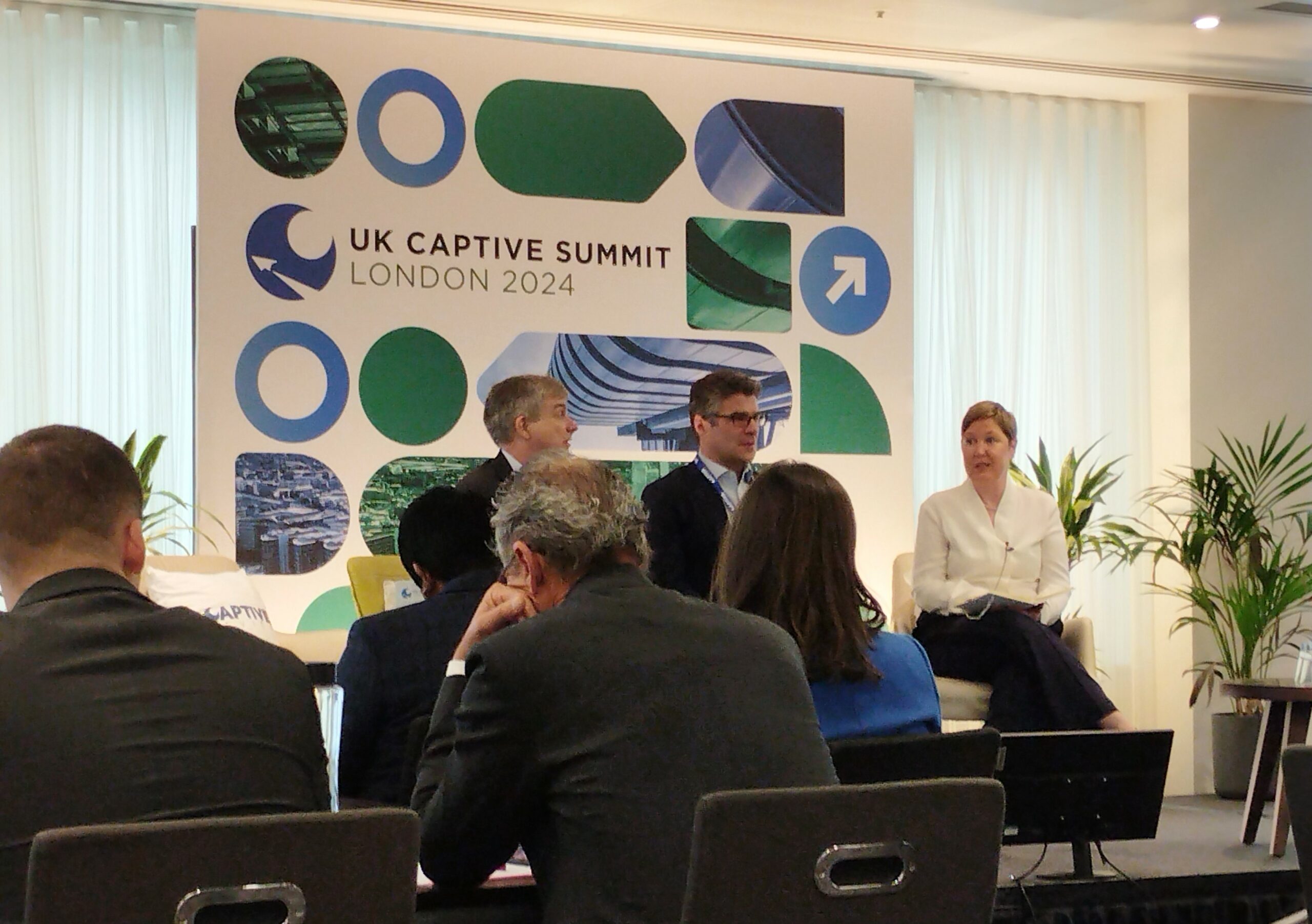
We would like to thank Nick Morgan (Publishing Director – Captive Review ) and to Captive Review for organizing the event, as well as to the attendees, from whom we were able to obtain valuable feedback about the needs and concerns of the captive sector in 2024, which is shaping up to be a period of substantial progress in both the digitization of processes and the implementation of ESG policies, regulatory compliance and many other areas of captive insurers and reinsurers.

